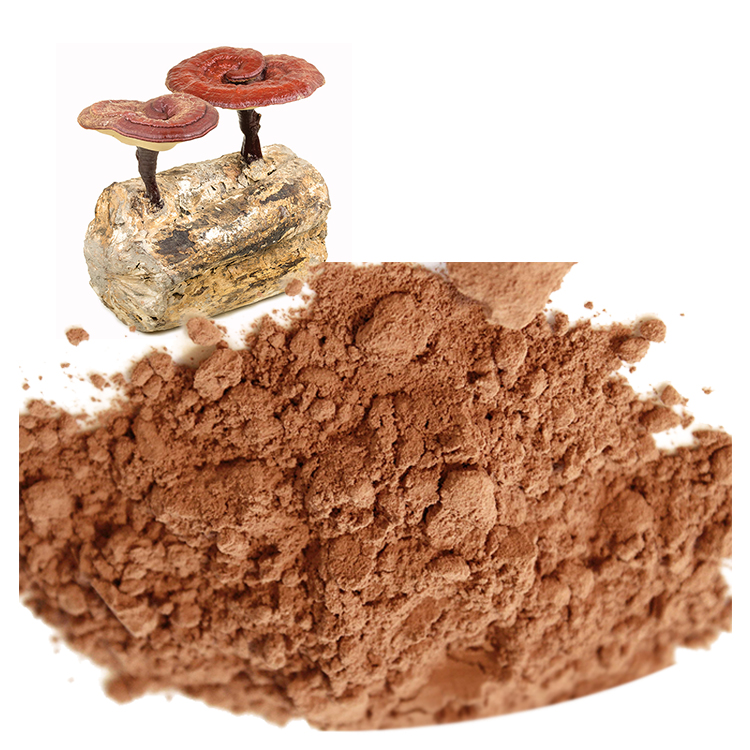The increasing popularity of natural supplements in integrative cancer care has led to growing clinical interest in Ganoderma extract, an herbal remedy rooted in traditional Eastern medicine and known globally as Reishi mushroom. This article explores the real-world application of Ganoderma extract in oncology settings, focusing on actual clinical cases, practical insights from medical professionals, and current evidence. The aim is to provide a balanced, professional, and evidence-based overview for practitioners and patients alike.
Historical and Scientific Background
Ganoderma lucidum, commonly referred to as Lingzhi in Chinese medicine, has been used for centuries for its reputed immune-boosting, anti-inflammatory, and anti-cancer properties. Modern pharmacological research has identified polysaccharides, triterpenoids, and other bioactive compounds in Ganoderma lucidum extract that may modulate immune function, support antioxidant defenses, and potentially inhibit tumor progression. While these findings have fueled scientific interest, clinical practice requires translating laboratory research into patient-centered outcomes.
Clinical Cases: Integrating Ganoderma Extract in Cancer Care
Case 1: Integrative Approach in Breast Cancer (Dr. Lin, Integrative Oncologist)
A 55-year-old female patient with early-stage breast cancer sought to complement her chemotherapy with natural remedies. After consulting her oncologist, she incorporated a standardized Reishi mushroom extract from a reputable supplier into her regimen. Over six months, she reported improved energy levels and fewer chemotherapy-induced side effects, such as fatigue and mild nausea. Regular monitoring showed no hepatic or renal toxicity, and the care team ensured the supplement did not interact with prescribed drugs. The patient’s outcome highlighted the importance of supervised, integrative approaches—combining evidence-based oncology with complementary Ganoderma extract use.
Case 2: Supportive Care in Lung Cancer (Dr. Martinez, Clinical Nutritionist)
A 63-year-old male with non-small cell lung cancer experienced weight loss and immune suppression during treatment. Upon a nutritionist’s recommendation, he started using Ganoderma extract as part of a comprehensive dietary plan. Over several months, modest improvements in appetite, subjective well-being, and some immune parameters were observed. The team carefully tracked his medication profile, ensuring no contraindications or adverse reactions, and emphasized that Ganoderma extract served only as an adjunct, not a replacement, for conventional treatment.
Case 3: Patient-Led Use and Risks (Dr. Patel, Oncology Pharmacist)
A 48-year-old female with ovarian cancer began self-administering Lingzhi extract she purchased online, without consulting her oncology team. After several weeks, she developed gastrointestinal symptoms and experienced reduced effectiveness of her anticoagulant therapy. This case underlined the risks of unsupervised herbal supplementation—drug interactions, product quality concerns, and unmonitored side effects. The patient was advised to discontinue use until a comprehensive review with her doctors could be conducted, demonstrating the necessity of open communication and healthcare guidance in supplement use.
Practical Insights: Physician and Patient Considerations
Supervision is Essential: All supplement use should be disclosed to healthcare providers to manage drug interactions, monitor for adverse events, and ensure product quality.
Quality and Standardization: Only products with third-party testing and clear labeling of active ingredients should be considered to minimize contamination and dosing issues.
Complementary, Not Alternative: Ganoderma extract is best used as a supportive therapy—not as a substitute for established oncology protocols.
Dose and Duration: Evidence-based dosing guidelines are limited. Most physicians recommend conservative dosing, gradual introduction, and regular assessment.
Patient Education: Both doctors and patients should understand the limits of current research and the need for ongoing clinical monitoring.
Current Evidence: Clinical Trials and Gaps
Several small clinical trials have evaluated the use of Reishi mushroom extract in cancer patients. Some studies report improved quality of life, reduced fatigue, and enhanced immune responses. However, the studies are often limited by small sample sizes, lack of blinding, or short durations. There is not yet enough robust evidence to recommend Ganoderma extract as a standard cancer therapy.
Meta-analyses and reviews agree that while preclinical research is promising, there is a critical need for larger, well-controlled trials to clarify efficacy, safety, and mechanisms. Physicians emphasize using Ganoderma lucidum extract as an adjunct within comprehensive cancer care, guided by individualized risk-benefit assessments.
Patient and Doctor Dialogue: The Key to Safe Use
The successful integration of herbal supplements in cancer care depends on transparent, ongoing dialogue between patients and clinicians. Open communication helps ensure that:
All therapies are safely coordinated.
Patients receive evidence-based advice about potential benefits and risks.
Unwanted interactions with chemotherapy, anticoagulants, or immunosuppressants are avoided.
Expectations are realistic—Ganoderma extract may provide supportive benefits but is not a cure.
Conclusion
The real-world application of Ganoderma extract in cancer patients highlights both opportunities and challenges. When guided by professional oversight, quality assurance, and honest communication, Ganoderma lucidum extract can be part of an integrative care plan—potentially enhancing quality of life and supporting conventional treatment. However, unsupervised or poorly sourced supplements can introduce risks. Ongoing research and education are essential to maximize safety and efficacy for cancer patients seeking complementary therapies.
Read More:
Key Considerations for Controlling Residual Solvents and Heavy Metals in Ganoderma Raw Materials
Why Global Wellness Brands Are Seeking Organic Mushroom Powder OEM Partners
Hangzhou Molai Biotech Co., Ltd has supply capacity 1200+ tons per year for mushroom powders and extracts, including the mushroom mycelium from modern technology of Deeply Liquid Fermentation and fruiting bodies from the grown real mushrooms to meet the different markets.
Hangzhou Molai Biotech Co., Ltd supplies the products both in Powders and Extracts for commercial using worldwidely, such as Cordyceps Sinensis, Cordyceps Militaris, Maitake Mushroom, Lion’s Mane Mushroom, Turkey Tail Mushroom, Reishi Mushroom, Chaga Mushroom etc.
We offer OEM and ODM services, could extract the products according to your special requirements, process the powders/extracts into Capsules, Tablets, Small Bags, Mushroom Bars, Mushroom Coffee etc.
Organic Lion's Mane Mushroom Extract
Organic Reishi Mushroom Extract
Organic Cordyceps Militaris Extract
Organic Turkey Tail Mushroom Extract
Organic Chaga Mushroom Extract
Organic Shiitake Mushroom Extract
Organic Maitake Mushroom Extract
Organic Tremella Mushroom Extract






